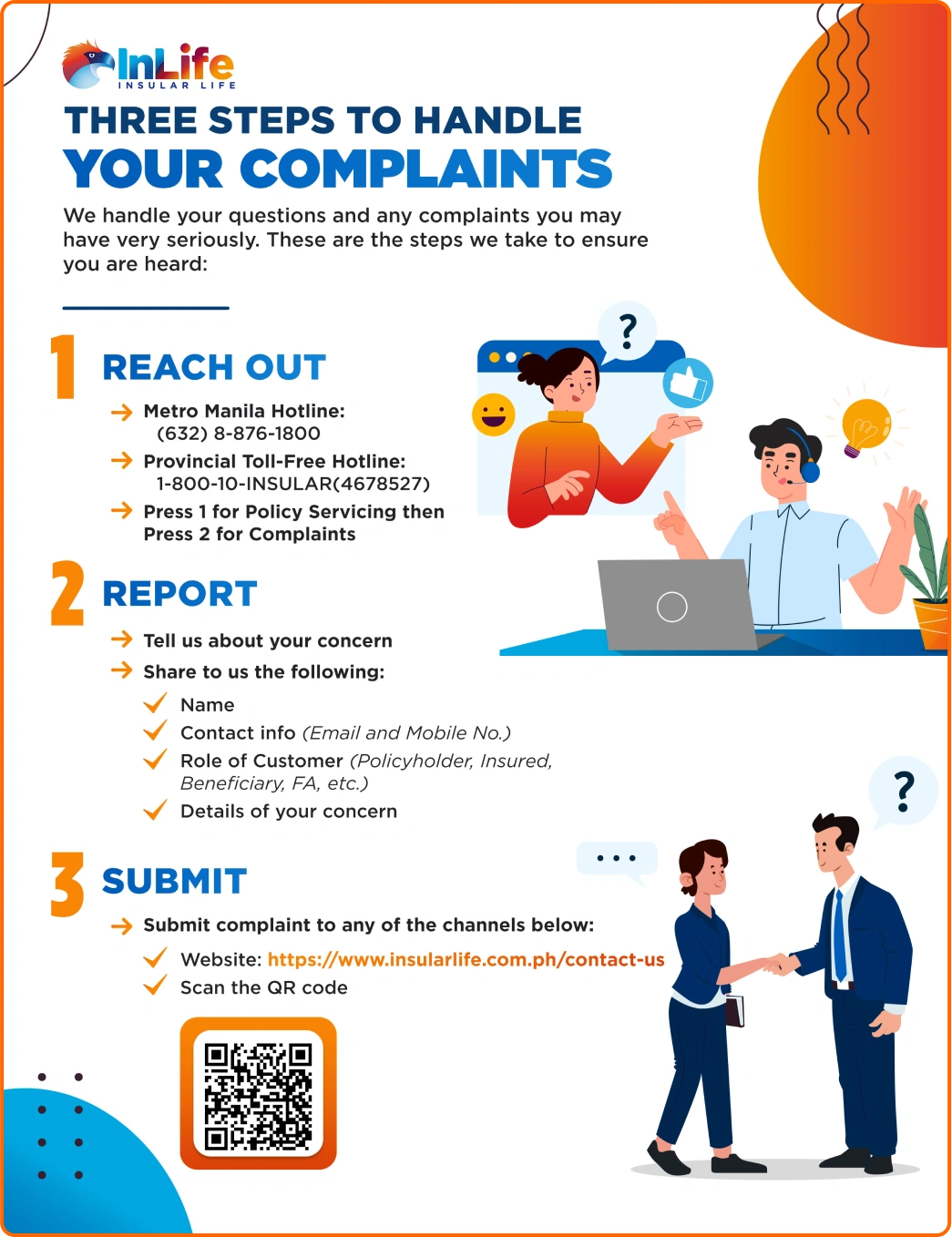What is Prolonged Grief Disorder?
What is Prolonged Grief Disorder?

The death of a loved one is always a difficult time. We go through a range of emotions, from shock and denial to anger and depression. It's natural to feel different shades of grief such as sadness, anger, or even numbness after someone close to us dies. And yet we need to make sure that the grief we experience does not transcend to a more serious concern.
Keep on reading to find out when grief becomes an illness.
What are the Five Stages of Grief?
The five stages of grief were first proposed by Elisabeth Kübler-Ross in her 1969 book On Death and Dying. She suggested that there are five distinct stages that people go through when they are grieving: denial, anger, bargaining, depression, and acceptance. While not everyone experiences all five stages or does so in the same order, they can provide a helpful framework for understanding the grieving process.
Sometimes, however, mourning can turn into a mental illness.
When Does Grief Become a Mental Illness?
Grief is a natural response to loss, and it can be a very painful and overwhelming experience. While it is normal to feel sad, angry, or confused after a loss, most people will eventually adjust to the new reality and move on with their lives. However, for some people, the pain of grief can be so intense and long-lasting that it interferes with daily life.
When grief lasts for more than six months and prevents a person from living a normal life, it may be diagnosed as major depressive disorder, adjustment disorder, or even prolonged grief disorder. Grief can also lead to other mental health problems, such as anxiety disorders, post-traumatic stress disorder, and substance abuse.
What is Prolonged Grief Disorder?
For most people, these feelings start to improve after a few weeks or months. But for some people, the sadness doesn't go away. If you're still feeling extremely sad, struggling to do everyday activities, or having problems functioning after a loss, it might be more than just grief. It could be something called prolonged grief disorder.
Prolonged grief disorder is when you remain in an intense state of mourning long after the loss of a loved one. It's natural to want to hold on to the person you've lost, but with prolonged grief disorder, it feels like you can't let go. You might have trouble moving on with your life and might feel stuck in your sadness.
Signs and Symptoms of Prolonged Grief Disorder
Grief can be complicated by factors such as the cause of death, the relationship to the deceased, and previous experiences with loss. People who have experienced traumatic losses or who have a history of mental illness are especially vulnerable to complicated grief. Symptoms of prolonged grief disorder include:
• Intense sorrow and yearning for the deceased
• Preoccupation with thoughts of the deceased
• Difficulty carrying out day-to-day activities
• Feeling disconnected from other people
• Difficulty trusting other people
• Hopelessness about the future
• Bitterness about the death
• Self-blame
If you are struggling to cope with your grief or if your symptoms are interfering with your daily life, it is important to seek professional help. There is no shame in seeking help from a therapist, counselor, or even organization who can provide support and guidance during this difficult time.
Grief is an inevitable part of losing a loved one but being financially prepared helps give you peace of mind for whatever may happen. With life and health insurance, you know that your loved ones will have the safety net they need to combat financial losses from your death. Talk to an InLife Financial Advisor today.







